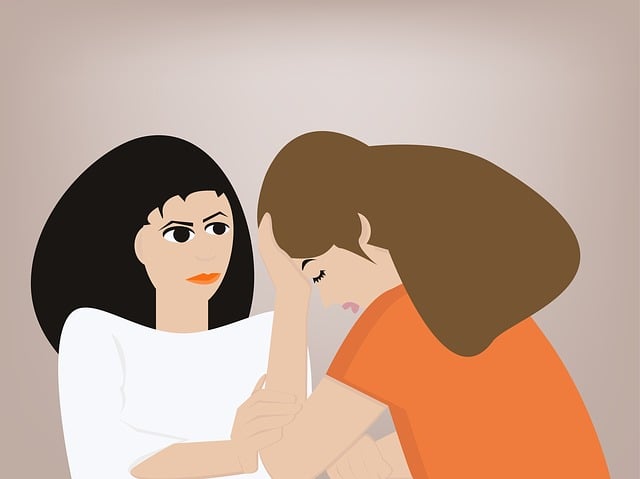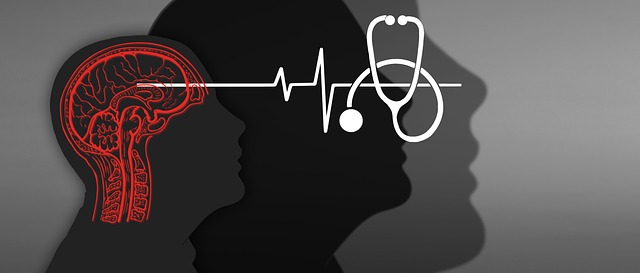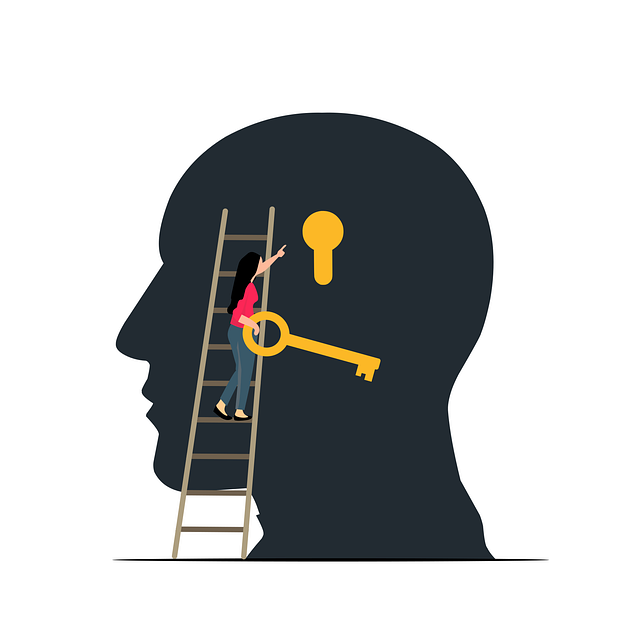Trauma unaddressed can have lasting impacts on mental health, but therapy offers a lifeline. Both individual and couples counseling are powerful tools for processing trauma, healing, and rebuilding. Evidence-based techniques like CBT and EMDR help manage symptoms, while couples counseling addresses the unique challenges traumatic events pose to relationships. Cultural sensitivity in mental health practices ensures inclusive care tailored to diverse communities. By fostering understanding, resilience, and open communication, therapy empowers individuals and couples to navigate their trauma journeys together, preventing burnout for those supporting others.
“Trauma, a powerful force that can leave profound and lasting effects on individuals, demands tailored support and understanding. This article delves into the critical aspect of trauma recovery by exploring various therapeutic approaches. We examine the transformative power of therapy for adults, focusing on individual healing and the unique benefits of couples counseling. Furthermore, it guides readers through accessible resources and emphasizes the importance of empathic, culturally sensitive care for effective trauma support.”
- Understanding Trauma and Its Impact on Individuals
- The Role of Therapy for Adults Experiencing Trauma
- Benefits of Couples Counseling in Trauma Recovery
- Accessing Supportive Resources for Effective Healing
- Strategies for Providing Empathic and Culturally Sensitive Care
Understanding Trauma and Its Impact on Individuals

Trauma is a profound and complex experience that can leave lasting effects on individuals’ mental health. It’s important to understand that trauma doesn’t discriminate; it can impact anyone, regardless of age or background. When left unaddressed, trauma can manifest as a range of issues, from anxiety and depression to more severe disorders. The journey towards healing involves recognizing and processing these hidden wounds. One effective approach is therapy for adults, which creates a safe space for individuals to explore their experiences and emotions.
Couples counseling plays a unique role in trauma support, as relationships can be deeply affected by a partner’s traumatic event. This type of counseling helps couples navigate the challenges trauma brings, fostering understanding and resilience building. By prioritizing mental health awareness, these therapeutic interventions not only aid in healing but also prevent burnout, which is common among those supporting others through traumatic experiences.
The Role of Therapy for Adults Experiencing Trauma

Therapy plays a pivotal role in supporting adults who have experienced trauma, offering a safe and structured environment to process and heal. Individual therapy allows individuals to explore their feelings, memories, and triggers in depth, helping them develop coping strategies and build resilience. Through evidence-based therapeutic approaches like cognitive behavioral therapy (CBT) or eye movement desensitization and reprocessing (EMDR), adults can work through the root causes of their trauma, manage symptoms of anxiety and depression often associated with it, and regain a sense of control over their lives.
Couples counseling is another essential aspect, as trauma’s impact can extend to relationships. This form of therapy provides a platform for partners to understand each other’s experiences, communicate effectively, and develop strategies to navigate the challenges that arise from shared traumatic events. Integrating mental health education programs designed with cultural sensitivity ensures that therapeutic practices are inclusive and effective for diverse populations, addressing unique cultural considerations in trauma support.
Benefits of Couples Counseling in Trauma Recovery

Couples counseling plays a pivotal role in trauma recovery, offering a unique and beneficial approach to healing. When an individual experiences trauma, it often impacts not only their personal well-being but also their relationships, especially with partners. Therapy for Adults that incorporates couples counseling provides a safe space where both individuals can process their traumatic experiences together, fostering understanding and empathy. This collaborative process allows them to confront the aftermath of trauma as a unified front, enhancing their mental wellness coaching programs development and strengthening their bond.
By engaging in couples counseling, trauma survivors can explore and address unspoken fears, anxieties, and emotional triggers within their relationship dynamics. It encourages open communication, fostering positive thinking and resilience against potential burnout prevention strategies. Through this supportive environment, couples gain the tools to navigate challenging conversations, resolve conflicts, and cultivate a deeper sense of connection, ultimately contributing to their overall recovery journey.
Accessing Supportive Resources for Effective Healing

Accessing supportive resources is a pivotal step for individuals seeking to heal from trauma. It’s essential to understand that every person’s journey to recovery is unique, and tailored support can significantly impact their progress. One effective approach is through therapy for adults, which provides a safe space to process emotions, memories, and triggers associated with traumatic events. Trained therapists offer evidence-based techniques to foster healing and resilience.
Additionally, couples counseling can be beneficial for relationships affected by trauma. This collaborative process enables partners to understand each other’s experiences, enhance communication, and develop coping strategies together. By incorporating positive thinking and mood management techniques into therapy, individuals can gain valuable tools for navigating challenging situations and promoting mental wellness. The podcast series production in the field of mental health has also grown, offering accessible resources for those seeking guidance on trauma recovery and general mental wellness.
Strategies for Providing Empathic and Culturally Sensitive Care

Providing empathic and culturally sensitive care is essential when supporting individuals who have experienced trauma. Therapists should create a safe and non-judgmental environment, actively listening to clients’ stories without interruption. This involves validating their feelings and experiences, ensuring they feel heard and understood. Incorporating communication strategies tailored to diverse cultural backgrounds can facilitate deeper connections between therapist and client.
Culturally sensitive therapy encourages therapists to be aware of their own biases and adapt their approach accordingly. This may include learning about a client’s cultural practices, beliefs, and traditional healing methods, which can be integrated into therapy sessions. Offering services like adult and couples counseling that are accessible and inclusive ensures that individuals from various backgrounds feel welcomed and supported during their healing journey. Additionally, designing mental health education programs and stress management workshops that cater to specific cultural needs can empower communities to cope with trauma collectively.
In navigating the complex landscape of trauma support, it’s clear that both individual and couples therapy play pivotal roles in recovery. Understanding the profound impact of trauma and employing empathic, culturally sensitive care strategies are essential components of effective healing. By accessing a tapestry of resources and providing services tailored to diverse needs, we can foster transformative journeys towards resilience and restoration for all individuals affected by traumatic experiences. Therapy for adults and couples counseling emerge as powerful tools in this process, offering hope and support along the way.














